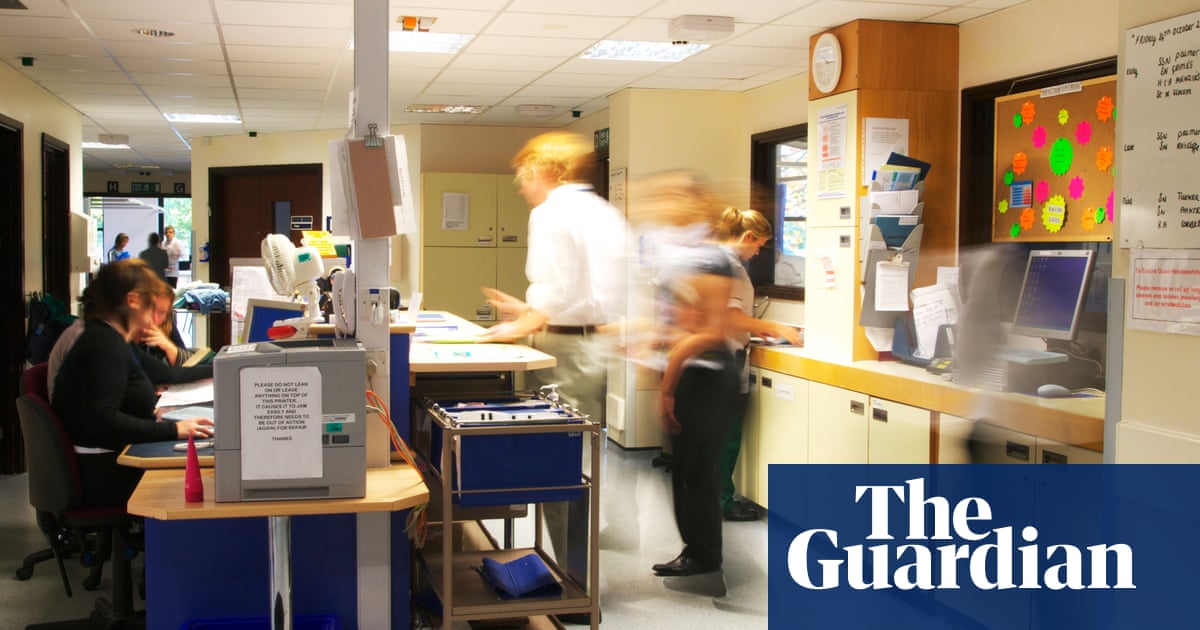We write about the call for a strike by resident doctors (Report, 22 May). We do so as fellow experienced professionals and potential patients. There was a genuine case that pay for resident doctors had fallen behind, but a 22% increase last year and an above-inflation offer this year seems to us to go a long way to addressing that. It’s certainly far more than many of our colleagues, other professional groups and patients are getting, and it cannot have been easy to persuade the Treasury in such resource-constrained times.
There remain significant problems around working conditions and training. They need firm resolution but this will not be achieved through strikes.
We have witnessed many governments,NHSrestructures and accompanying frustrations for our work. This has never compromised, and should never compromise, the needs and care of people who seek our help. That is why we all go into this profession. A strike now would harm patients and diminish the cause of these doctors. The calls to strike misjudge the mood in the country. There is no spare money – this is a futile gesture, guiding people into a maze without a thread.
In our view, the NHS is at a more perilous state than at any time in our careers. A doctors’ strike would further diminish the ability of the NHS to deliver, and play into the hands of those who don’t believe in an NHS that is publicly funded and based on need not want. We urge resident doctors to keep to the spirit of the Hippocratic oath – vote for the NHS and vote no to strike action.
John OldhamFormernationalclinicallead,quality and productivity,Clare GeradaGP and former chair Royal College of General Practitioners,David Colin-ThomeFormer GP and national clinical director,Prof James KingslandUniversity of Central Lancashire,Dr Fiona CornishGP, Cambridge,Prof John AshtonFormerregional director of public health for north-west England and director public health
Have an opinion on anything you’ve read in the Guardian today? Pleaseemailus your letter and it will be considered for publication in ourletterssection.
